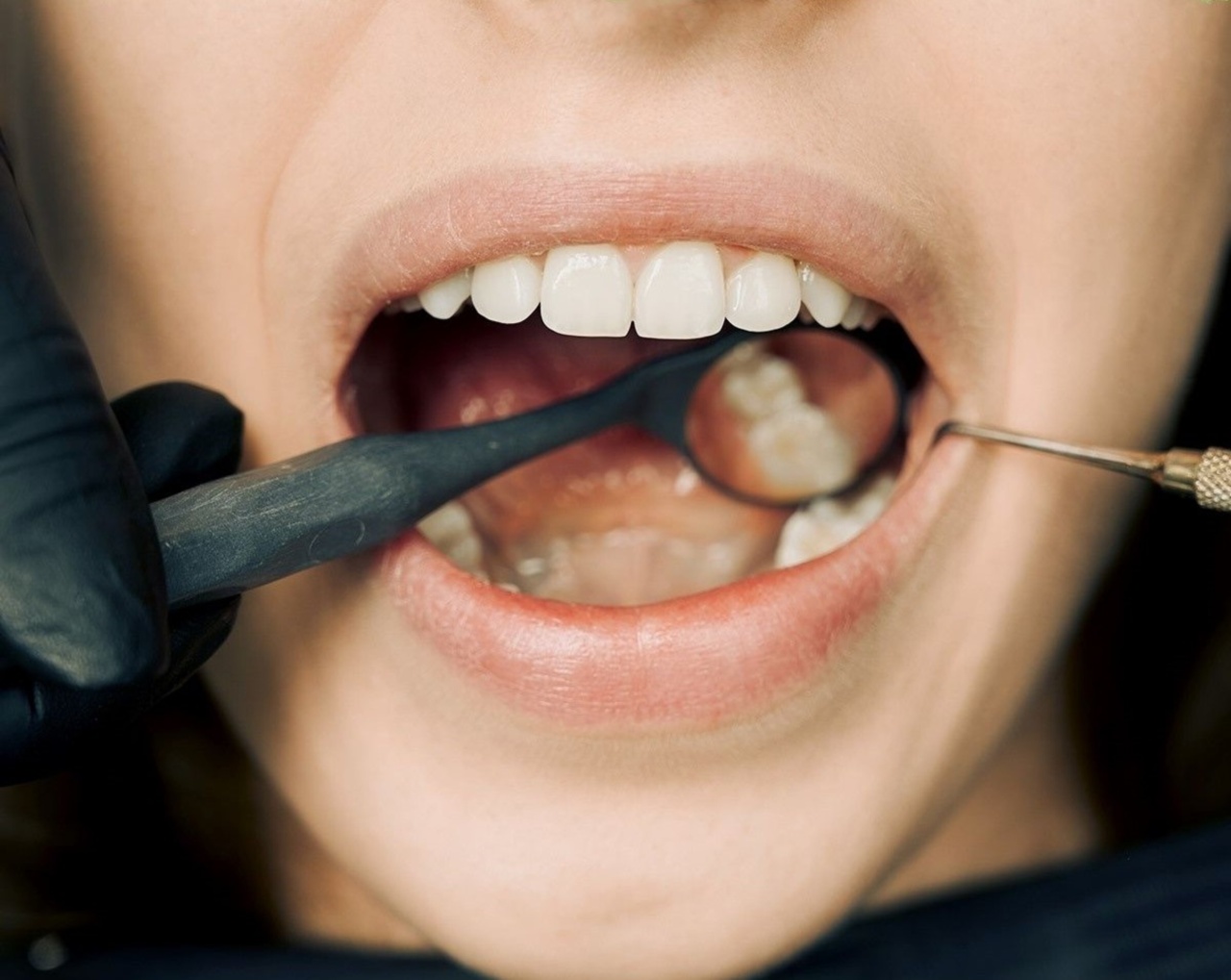Your gums play a crucial role in maintaining the overall health of your teeth. They are the foundation for healthy teeth, providing them with the support they need to stay strong and free of disease.
Unfortunately, many people overlook the importance of gum health, focusing solely on their teeth. But neglecting your gums can have serious consequences, including tooth loss and even systemic health problems. Here are some tips for maintaining healthier and stronger gums:.
1. Brush Your Teeth Properly
Brushing your teeth twice a day is important for removing plaque and bacteria that can cause gum disease. But it’s not enough to simply scrub your teeth back and forth.
You need to use the proper technique to ensure that your gums are getting the attention they need. To brush your teeth properly, follow these steps:.
- Hold your brush at a 45-degree angle to your teeth.
- Gently brush back and forth in short strokes, using a circular motion.
- Don’t forget to brush your tongue and the roof of your mouth, as bacteria can accumulate there as well.
- Use a soft-bristled brush to avoid damaging your gums.
2. Floss Daily
Flossing is just as important as brushing when it comes to maintaining healthy gums. Flossing removes food particles and plaque from between your teeth and along your gumline, where your brush can’t reach. To floss properly, follow these steps:.
- Use about 18 inches of floss, winding most of it around one of your middle fingers and the rest around the other.
- Hold the floss tightly between your thumbs and forefingers, and gently guide it between your teeth using a rubbing motion.
- When you reach your gumline, curve the floss into a C-shape and slide it gently under the gum, being careful not to snap the floss against your gum tissue.
- Slide the floss up and down the sides of your teeth, using a clean section of floss for each tooth.
3. Rinse with Mouthwash
Mouthwash can help kill bacteria and freshen your breath, but not all mouthwashes are created equal. Look for an antibacterial mouthwash that specifically targets gum disease, such as Listerine or Peridex.
Rinse with mouthwash after brushing and flossing to kill any lingering bacteria and protect your gums.
4. Eat a Healthy Diet
What you eat can impact your gum health as well. Eating a diet rich in nutrients like calcium, vitamin C, and omega-3 fatty acids can help keep your gums healthy and strong.
Avoid sugary and starchy foods that can contribute to plaque buildup and gum disease.
5. Quit Smoking
Smoking is a major risk factor for gum disease. It can also interfere with the healing process if you do develop gum disease. Quitting smoking can help prevent gum disease from developing and improve your overall oral health.
6. Get Regular Dental Check-Ups
Even if you brush, floss, and rinse with mouthwash regularly, it’s important to get regular dental check-ups. Your dentist can check for signs of gum disease and provide preventative treatments to keep your gums healthy.
Your dentist may also recommend deep cleanings or other treatments if you do develop gum disease.
7. Use an Electric Toothbrush
An electric toothbrush can help remove more plaque and bacteria from your teeth and gums than a manual toothbrush. It can also ensure that you are brushing for the recommended two minutes.
Look for an electric toothbrush with a pressure sensor to prevent unintentional gum damage.
8. Don’t Ignore Gum Problems
If you experience symptoms of gum disease, such as red, swollen, or bleeding gums, don’t ignore them. Early intervention is key when it comes to treating gum disease.
Talk to your dentist as soon as possible to prevent the disease from getting worse.
9. Chew Sugar-Free Gum
Chewing sugar-free gum can increase saliva production, which can help wash away food particles and bacteria. It can also stimulate the production of natural antibacterial substances in the mouth, helping to prevent gum disease.
10. Manage Stress
Chronic stress can weaken your immune system, making it harder for your body to fight off infections like gum disease. It can also cause you to clench or grind your teeth, putting extra pressure on your gums.
Practice stress management techniques like meditation, yoga, or deep breathing to keep your stress levels under control.






























